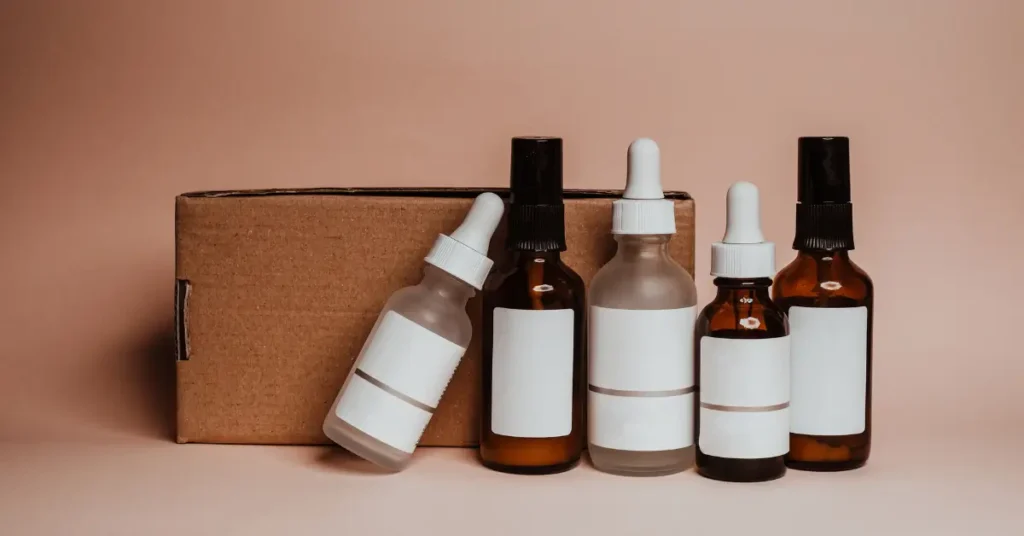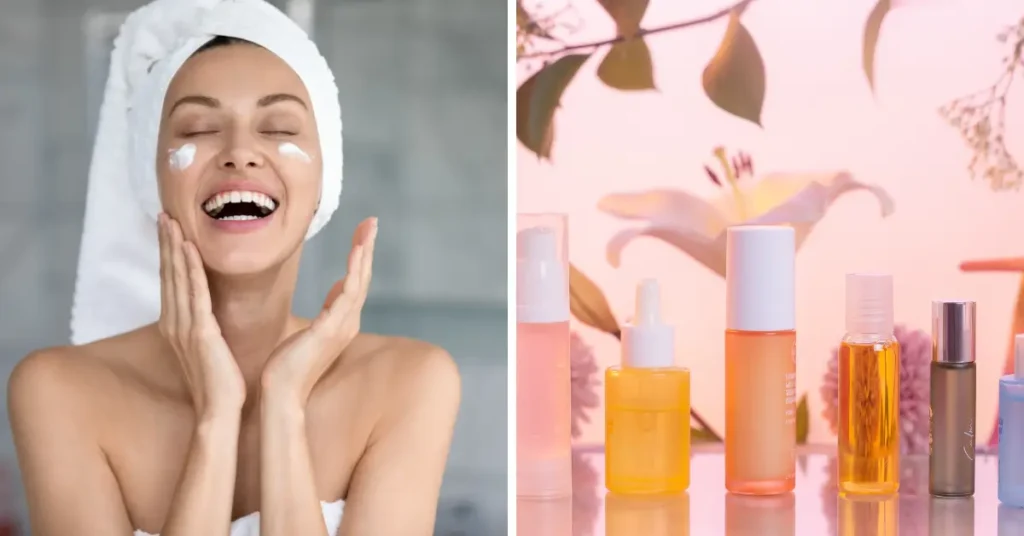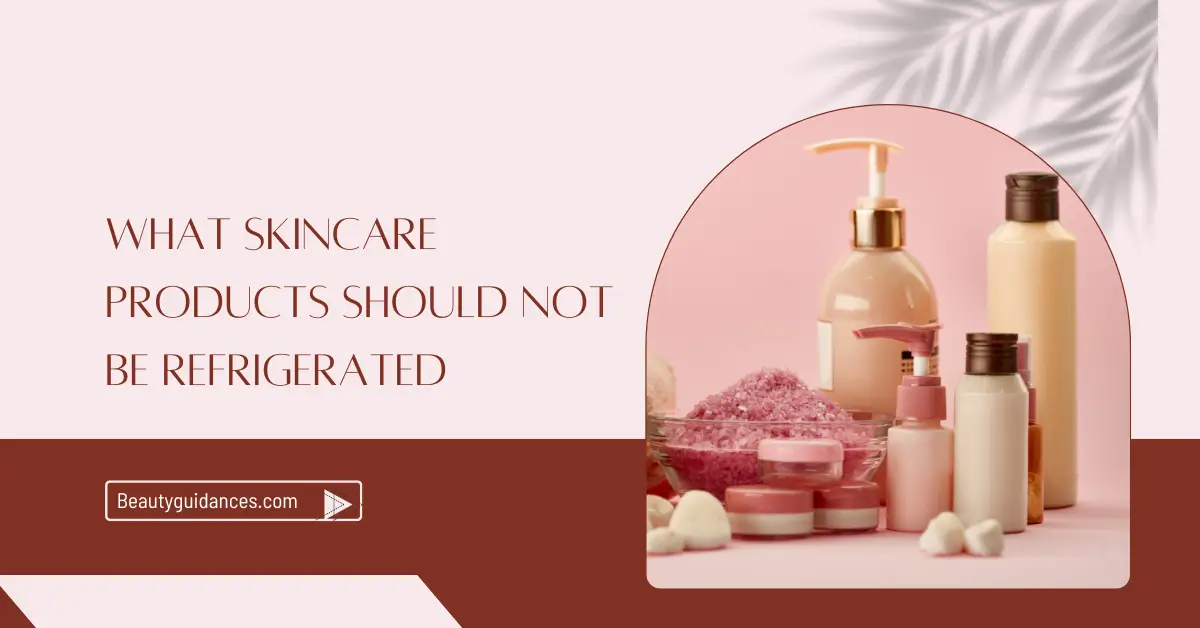Skincare products such as oils, sunscreen, and fragrances should not be refrigerated. Proper skincare is essential for maintaining healthy and radiant skin.
When it comes to skincare, we often hear about the benefits of refrigerating certain products. However, it’s important to note that not all skincare products should be stored in the fridge.
Refrigerating certain products can do more harm than good.
We will explore which skincare products should not be refrigerated and why. By understanding these guidelines, you can ensure that your skincare routine is effective and your products are stored properly to maximize their benefits.
Let’s dive in and learn more about the products that should never see the inside of your fridge.
Why Refrigeration May Not Be Ideal
Refrigeration may not be ideal for certain skincare products. Avoid refrigerating items such as oils, natural products, and vitamin C serums to maintain their effectiveness.
Impact On Product Effectiveness
Refrigeration may reduce the potency of certain skincare products.
Potential Changes In Texture
Texture alterations like hardening can result from refrigeration.
When it comes to skincare products, refrigeration is not always ideal. It may affect their effectiveness and alter their texture. Improper storage may harm the products.
Refrigeration can impact the potency of skincare products. Some active ingredients may degrade under cold temperatures. This can make the product less effective on the skin.
Changes in texture are common with refrigerated products. Some items can harden or become lumpy when stored cold. This can make applications challenging and reduce product usability.

Skincare Products Unsuitable For Refrigeration
When it comes to storing skincare products, most people are aware of the benefits of refrigerating certain items, such as eye creams and face masks.
However, not all skincare products are suitable for refrigeration. Some products can be negatively affected by cold temperatures.
Oil-based Products
Oil-based skincare products such as facial oils and cleansing oils should not be refrigerated. Refrigeration can cause the oils to solidify, altering their texture and consistency.
This can make the products difficult to use and less effective in delivering their intended benefits to the skin.
Certain Active Ingredients
Skincare products containing certain active ingredients, such as retinol and vitamin C, are also unsuitable for refrigeration.
Cold temperatures can degrade these potent ingredients, reducing their effectiveness. Additionally, moisture from condensation inside the packaging can compromise the stability of these ingredients, leading to potential irritation or ineffectiveness when applied to the skin.
Optimal Storage Conditions
Room Temperature Recommendations
Skincare products should not be refrigerated if they are meant to be stored at room temperature.
Refrigeration can alter the consistency and effectiveness of these products.
It’s important to store these products in a cool and dry place away from direct sunlight to ensure their longevity and performance.
Avoiding Direct Sunlight Exposure
Direct sunlight exposure can cause degradation of skincare products, especially those containing active ingredients.
- It’s crucial to store these products in a place where they are shielded from direct sunlight
- Direct exposure to sunlight can lead to the breakdown of ingredients, reducing the effectiveness of the product
Understanding Expiry Dates
When storing skincare products, keep in mind that not all should be refrigerated. Items like oil-based products can solidify.
These products may spoil faster outside the refrigerator. It’s best to store them in a cool, dry place.
Importance Of Monitoring Date Labels
One crucial aspect of understanding expiry dates is the importance of monitoring date labels on skincare products.
Manufacturers provide expiry dates to indicate the period during which the product is deemed safe and effective to use.
By paying attention to these labels, you can make informed decisions about when to start using a product and when it should be discarded.
This ensures that you are not using expired or potentially harmful skincare products on your skin, which can lead to adverse reactions or diminished results.
Signs Of Product Spoilage
In addition to checking expiry dates, it’s essential to know the signs of product spoilage. Products that have gone bad can potentially cause skin irritation, breakouts, or other allergic reactions.
To avoid these issues, keep an eye out for the following signs that indicate a skincare product has spoiled:
- Change in color or texture
- Unpleasant odor
- Separation of ingredients
- Mold or bacterial growth
If you notice any of these signs, it’s best to discard the product immediately, even if it hasn’t reached its expiry date. Using a spoiled skincare product can lead to detrimental effects on your skin, undoing all the efforts you’ve put into your skincare routine.

Tips For Prolonging Shelf Life
Proper Dispensing Techniques
When using skincare products, it’s crucial to dispense them properly to avoid contamination and prolong shelf life.
Always wash your hands before handling products that come in jars or tubs to prevent transferring bacteria. Additionally, using a spatula or clean fingertips can help maintain the product’s integrity.
Maintaining Seals and Closures
To optimize the lifespan of your skincare items, ensure that seals and closures are tightly secured after every use.
This prevents air and moisture from entering the packaging, which can lead to product degradation. Checking the seals regularly can help maintain the effectiveness of the products.
Travel-friendly Alternatives
When traveling, certain skincare products may not be practical to refrigerate. Portable storage solutions offer convenience without compromising product quality.
Portable Storage Solutions
Compact containers or pouches keep products secure and easily accessible while on the move.
Adapting Storage For On-the-go Use
Opt for travel-sized options and decant products into refillable bottles to save space in your bag.
Consulting Professionals For Guidance
Consulting professionals for guidance is important when it comes to your skincare routine. Industry experts, such as dermatologists, can provide valuable insights and specific recommendations tailored to your unique needs.
By seeking expert advice, you can gain a better understanding of which skincare products should and should not be refrigerated.
Dermatologist Recommendations
Dermatologists are skin care professionals who specialize in diagnosing and treating various skin conditions.
When it comes to refrigerating skincare products, it is advisable to consult with a dermatologist to get their expert opinion. While some skincare items can benefit from refrigeration, others may not fare well in lower temperatures.
A dermatologist can assess the ingredients in your products and provide guidance on which ones are sensitive to temperature changes.
For example, certain active ingredients like retinol or vitamin C may lose their potency if exposed to extreme cold.
Conversely, some products, such as those containing water-based formulas, may benefit from refrigeration to enhance their shelf life.
Potential Skincare Routine Adjustments
Based on their assessment, dermatologists can recommend adjustments to your skincare routine to optimize product effectiveness and longevity.
This may include storing certain products in the refrigerator while leaving others at room temperature.
While it may be tempting to refrigerate all skincare products for preservation purposes, it is important to remember that not all products require refrigeration.
Some products can even be negatively affected by cold temperatures, causing changes in texture or degradation of active ingredients.
With guidance from a dermatologist, you can determine the best approach for your individual skincare needs.
They can help you identify which products should be refrigerated based on their specific formulation and ingredients, ensuring that you get the most out of your skincare routine.
Innovations In Packaging Technology
When it comes to skincare products, innovations in packaging technology have played a key role in preserving the efficacy of the products without the need for refrigeration.
This has revolutionized the way we store and use skincare items, ensuring optimal quality and longevity.
Preservation Techniques
New preservation techniques have been developed to ensure the stability and effectiveness of skincare products, reducing the reliance on refrigeration.
Advanced formulations and packaging methods help maintain the integrity of active ingredients, allowing these products to remain stable at room temperature.
Eco-friendly Packaging Solutions
In addition to preserving the products, there has been a shift towards eco-friendly packaging solutions, minimizing the environmental impact of skincare products.
Sustainable materials and innovative designs contribute to product preservation and align with consumer preferences for environmentally conscious choices.
Frequently Asked Questions
Are There Skincare Products That Should Not Be Refrigerated?
Yes, some skincare products, such as natural oils and certain creams, are best kept at room temperature. Refrigeration can alter their consistency and effectiveness, so it’s important to store them properly to maintain their potency and quality.
What Happens If Skincare Products Are Refrigerated?
Refrigerating certain skincare products can cause changes in their texture and consistency, affecting their performance. Water-based products may separate, while natural oils can solidify. This can diminish their effectiveness and alter their intended benefits, so storing them correctly is important.
Which Skincare Products Are Safe To Refrigerate?
Most water-based products such as toners and gel-based moisturizers can be safely refrigerated, as the cool temperature helps prolong their shelf life and can provide a refreshing sensation when applied. However, always check the product label or seek advice from a dermatologist to be sure.
How Should Skincare Products Be Stored To Maintain Their Effectiveness?
Skincare products should be kept in a cool, dry place away from direct sunlight and extreme temperatures. Ensuring the lids are tightly closed and stored upright can help maintain their potency and prevent contamination. Following these storage guidelines can help prolong the shelf life of the products.
Conclusion
As we wrap up, it’s important to remember that not all skincare products should be refrigerated. While some benefit from the cool temperature, others can be compromised. So, take note of the ingredients and packaging instructions before popping your products in the fridge.
Storing them correctly ensures their effectiveness and longevity, ultimately helping you achieve your skincare goals. Trust the experts and enjoy a well-organized skincare routine that yields the best results.

